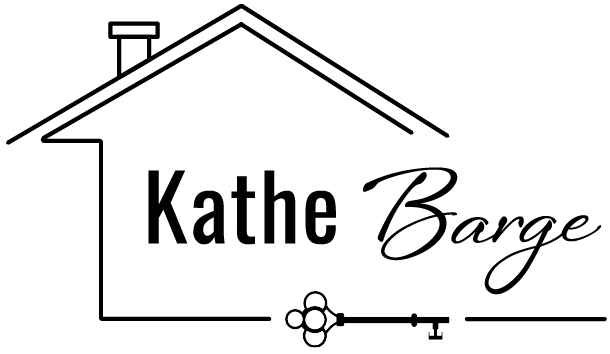Given the current focus on real estate commissions and buyer’s agents, how should I consider these changes when pricing my home for sale?
Understanding the true value of your property has always been a cornerstone of successful selling. However, in the light of the new real estate judgment, pricing your home correctly has become even more nuanced. Historically, listing prices took into account the commissions paid to both the listing and buyer’s agents as part of the overall transaction costs. With potential changes in how some commissions may be structured, sellers might consider these adjustments when determining their listing price.
First, it’s essential to recognize that the commission’s structure can influence the buyer’s ability to purchase. For instance, if buyers are now expected to shoulder their agent’s commission, this could effectively limit their purchasing power, which, in turn, might necessitate a pricing strategy that takes these new buyer constraints into account. Moreover, while it may be tempting to consider a higher listing price presuming that you, as a seller, might not have to pay the buyer’s agent commission, this approach can be shortsighted. A pricing strategy should not solely reflect changes in commission structures but also be grounded in a comprehensive market analysis. This includes an assessment of comparable sales, market demand, and the intrinsic value of the home’s features and location.
In theory, saving on the buyer’s agent commission might seem an effective way to boost your bottom line, but this overlooks a crucial aspect of the sales process—the appraisal. Appraisers are keen observers of market trends, and they evaluate home values based on recent comparable sales, which include an analysis of the total transaction cost. If comparable sales in the area have typically included a buyer’s agent commission, appraisers may adjust the value they assign to homes where such commissions are not factored into the sale price. This means that by choosing not to absorb the buyer’s agent commission, sellers could face the risk of their property appraising for a lower value, which in turn could affect the actual sale price, potentially negating any anticipated increase in net proceeds.
It is essential to weigh the immediate financial benefits against the potential long-term implications of changing how commissions are handled. A property that’s listed without accounting for a buyer’s agent commission might initially seem more profitable for the seller but could ultimately lead to a lower appraisal value and, consequently, a reduced sale price.
Moreover, there’s the practical consideration of marketability. A home priced without a buyer’s agent commission might be less attractive to prospective buyers who expect this customary cost to be included. This could potentially limit the buyer pool and affect the number of offers received.
In these changing times, a nuanced approach to pricing your home is more critical than ever. A comprehensive pricing strategy, one that goes beyond just the numbers and understands the subtle dynamics of the current market, can make the difference between a home that sells promptly at the right price and one that languishes on the market.
To summarize, the shifting landscape of real estate commissions requires a thoughtful approach to pricing your home. An informed pricing strategy considers not only the seller’s potential net gains but also the home’s market value as determined by appraisers and the expectations of buyers. As you navigate these new waters, I am here to offer the expertise and guidance needed to price your home competitively and effectively. Reach out if you seek a partner in this journey—one who comprehends the intricacies of today’s market and is committed to achieving the best possible outcome for your sale.








